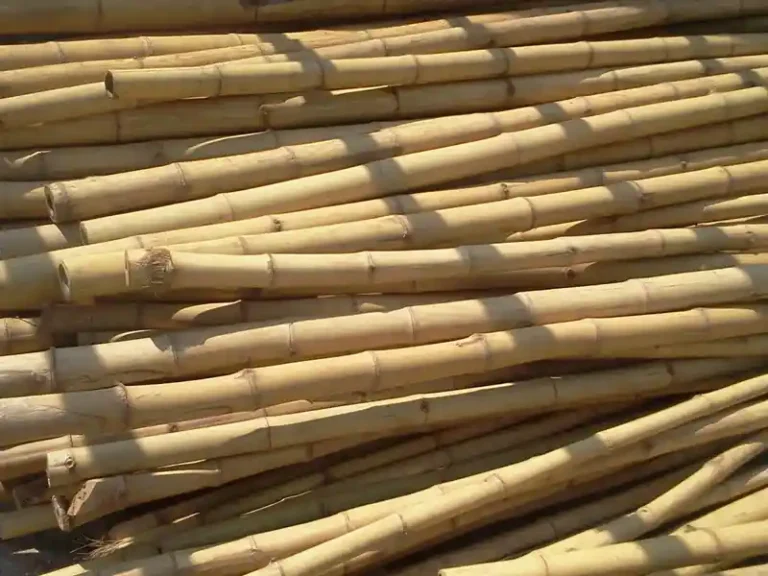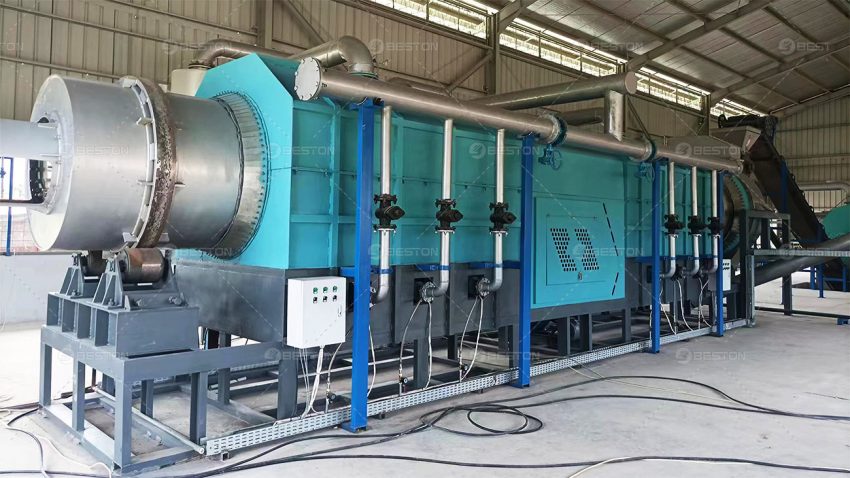The efficiency and adaptability of modern carbonization systems are strongly influenced by the variety of raw materials they can process. Charcoal production is no longer confined to traditional wood sources. Instead, technological advancements have enabled machines to handle a broad spectrum of biomass, each with distinct combustion properties and calorific values. The ability to transform diverse feedstocks into high-grade charcoal enhances economic viability while supporting sustainable waste management practices.
Bamboo as a High-Yield Feedstock
A bamboo charcoal machine illustrates how rapidly renewable biomass can be converted into energy-dense charcoal. Bamboo grows quickly, requires minimal inputs, and accumulates large amounts of lignocellulosic material. Its high carbon content translates into charcoal with excellent heating performance and long combustion cycles. This makes bamboo-derived charcoal particularly valuable for household cooking, industrial furnaces, and even activated carbon production due to its porous structure.

Agricultural Residues and Straw Utilization
The straw charcoal making machine demonstrates the role of agricultural by-products in sustainable energy generation. Rice husk, wheat straw, and corn stalks are often discarded or openly burned, contributing to air pollution. Through controlled pyrolysis, these residues are transformed into clean-burning charcoal with reduced emissions. This approach provides farmers with a new revenue stream while minimizing field waste. The lightweight structure of straw-based charcoal also makes it ideal for soil conditioning applications when reintroduced as biochar.

Palm Kernel Shell as a Dense Biomass Source
Tropical regions benefit from the use of palm residues as input material. A palm kernel shell charcoal machine capitalizes on the high density and low ash content of this by-product. The resulting charcoal is noted for its durability and strong calorific value, making it well-suited for metallurgical industries and large-scale energy production. This process not only addresses the disposal challenge of palm oil residues but also converts waste into a commercially valuable fuel.
Versatility of Advanced Systems
The adaptability of modern designs, such as the Beston charcoal making machine, lies in their ability to process heterogeneous raw materials under stable conditions. Whether handling forestry by-products, nut shells, or municipal green waste, these machines maintain consistent temperature control and optimized residence times. Automated feeding, gas recycling, and emission treatment systems ensure that output quality remains uniform despite the variability of feedstock. Such versatility underscores their importance in global biomass utilization strategies.
Environmental and Economic Impact
The integration of multiple raw material sources enhances both sustainability and profitability. By converting biomass residues into charcoal, operators reduce open burning practices, lower greenhouse gas emissions, and generate renewable fuel. The sale of charcoal and related by-products provides diversified income streams, while regional industries gain a reliable supply of eco-friendly energy. This dual benefit strengthens the position of charcoal machines as key enablers of circular economy practices.
Conclusion
The ability of a charcoal making machine to accommodate raw material diversity elevates its role beyond a single-purpose device. From bamboo to straw and palm kernel shell, each feedstock contributes unique qualities that broaden application potential. Advanced systems such as the Beston charcoal making machine exemplify how flexibility in feedstock processing supports ecological balance and economic resilience, solidifying their importance in the global transition toward sustainable energy solutions.
